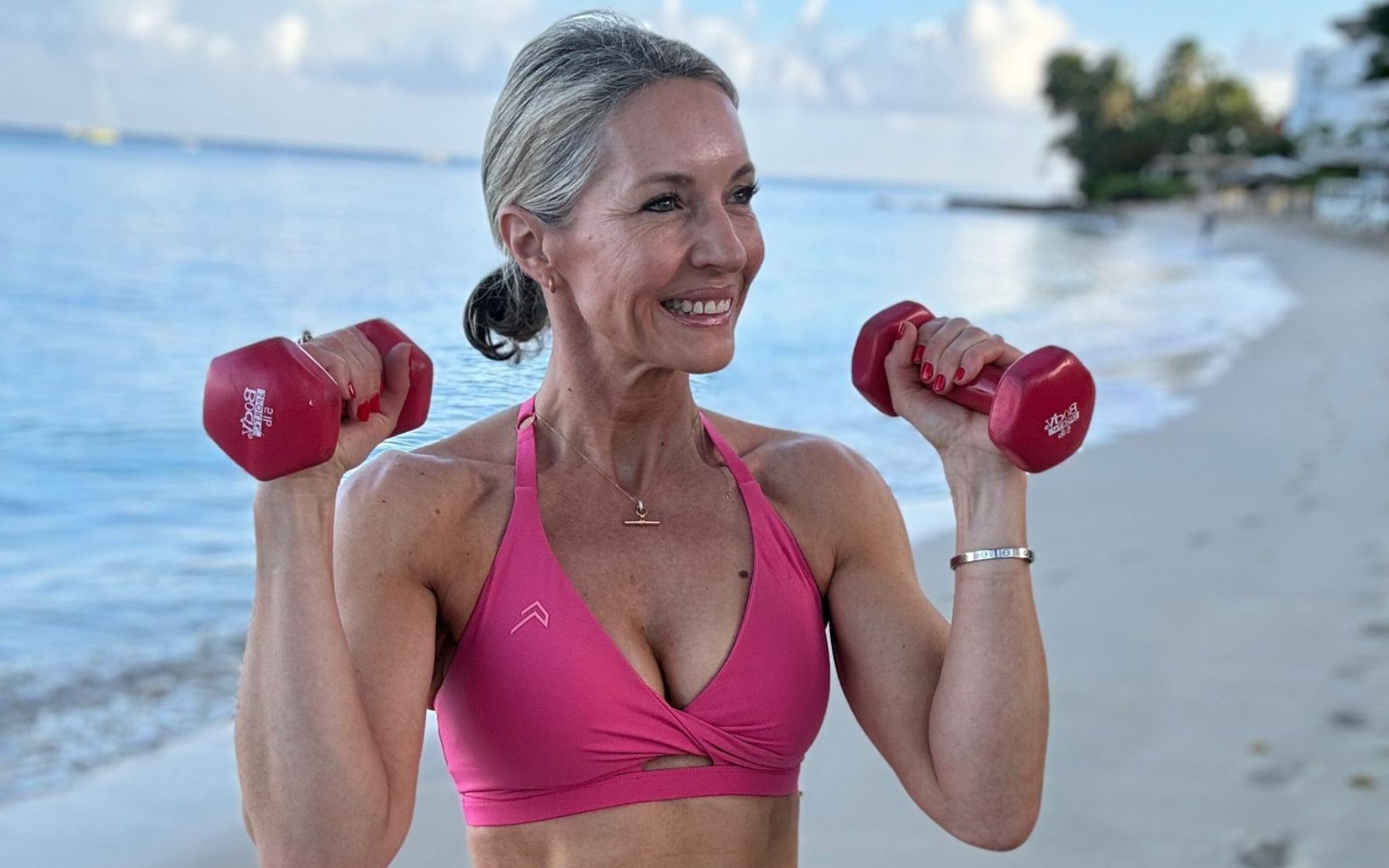As we all know nutrition plays a crucial role in achieving and maintaining fitness. Eating a balanced, healthy and nutritious diet provides the necessary fuel for your body, supports energy levels, aids in recovery, and contributes to overall well-being. Exercise is a huge part of the process but without nutrition you will not see the results you are looking for.
Here are some of my key tips on how you can “eat your way to fitness”:
Balanced Macronutrients: Include a balance of macronutrients in your diet: carbohydrates, proteins, and fats. Each macronutrient serves specific functions in the body, and an appropriate balance is essential for overall health and fitness.
Protein is crucial for muscle repair and growth, especially if you’re engaging in strength training or other forms of exercise. Include lean sources of protein such as chicken, fish, tofu, legumes, and dairy in your diet.
Carbohydrates are the body’s primary source of energy. Choose complex carbohydrates such as whole grains, fruits, and vegetables to provide sustained energy for your workouts.
Essential Fats: Include healthy fats in your diet, such as those from avocados, nuts, seeds, and olive oil. Healthy fats are important for hormone production, brain function, and overall cellular health.
Nutrient-Dense Foods: Focus on nutrient-dense foods that provide a wide range of vitamins, minerals, and antioxidants. These foods support overall health, immune function, and recovery from exercise.
Hydration: Proper hydration is crucial for maintaining energy levels, supporting digestion, and aiding in recovery. Drink an adequate amount of water throughout the day, especially before, during, and after exercise.
Meal Timing: Consider the timing of your meals, especially around workouts. Eating a balanced meal or snack containing protein and carbohydrates before and after exercise can support performance and recovery.
Listen to Your Body: Pay attention to hunger and fullness cues. Eat when you’re hungry, and stop when you’re satisfied. This helps regulate overall caloric intake and supports intuitive eating.
Individualised Approach: Everyone’s nutritional needs are different. Consider your specific goals, activity level, and any dietary preferences or restrictions when planning your meals. Consulting with a registered dietitian or nutrition professional can provide personalised guidance if you think this would be useful for you.
While nutrition is a fundamental aspect of fitness, it’s important to recognise that overall fitness also involves regular physical activity, adequate rest, good sleep and other lifestyle factors. Combining a well-rounded and balanced diet with consistent exercise and healthy lifestyle practices contributes to achieving and maintaining optimal fitness levels and will see you reach your goals.
As always, any questions please get in touch.
Caroline x







